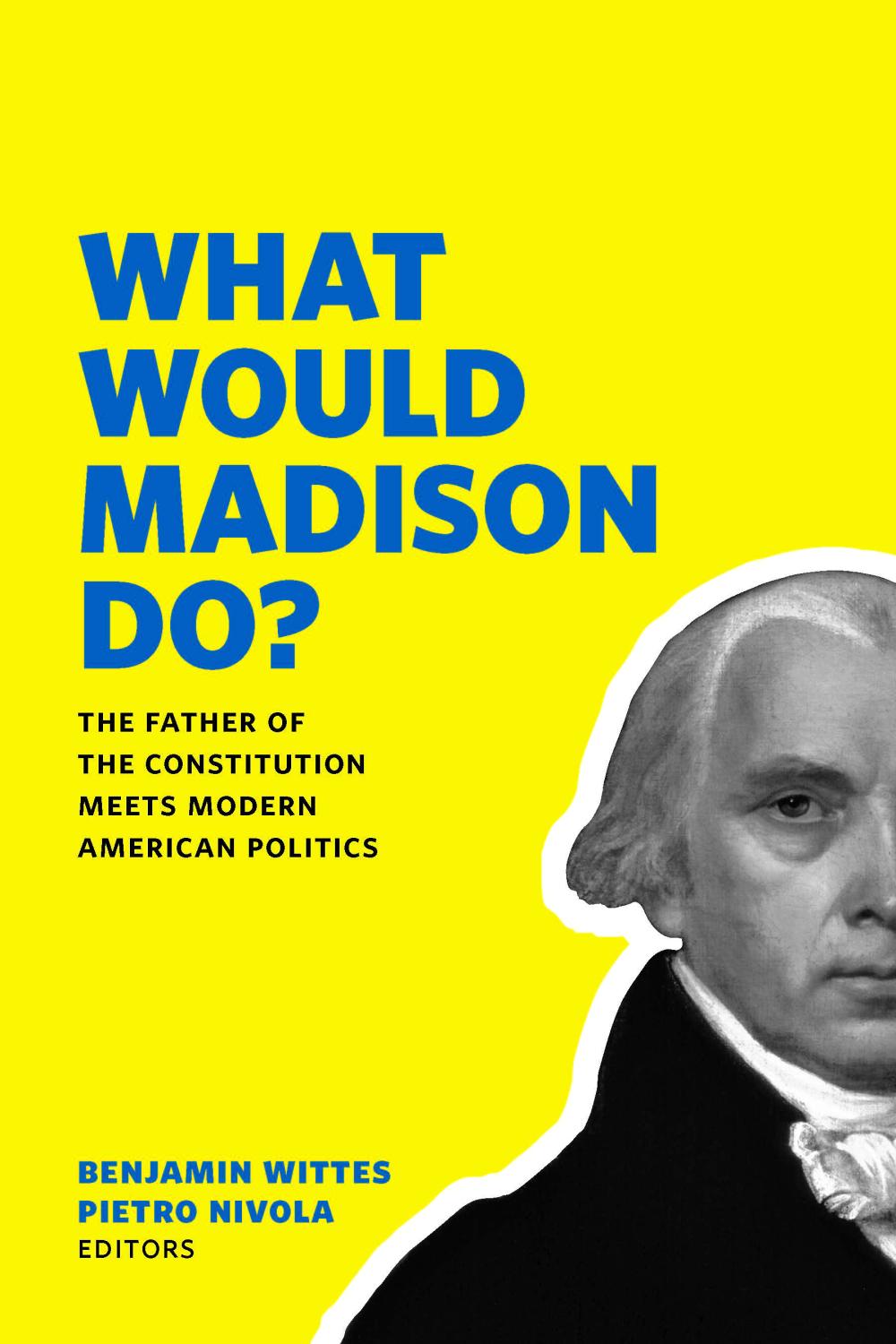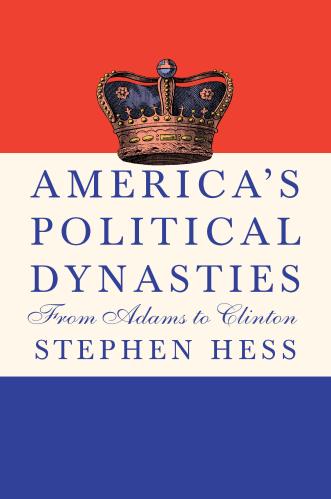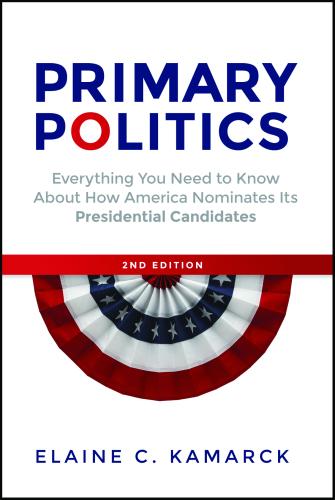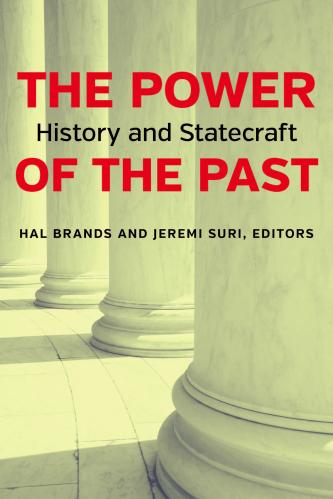


Book
What would the father of the Constitution think of contemporary developments in American politics and public policy? Constitutional scholars have long debated whether the American political system, which was so...
What would the father of the Constitution think of contemporary developments in American politics and public policy?
Constitutional scholars have long debated whether the American political system, which was so influenced by the thinking of James Madison, has in fact grown outmoded. But if Madison himself could peer at the present, what would he think of the state of key political institutions that he helped originate and the government policies that these institutions produce? In What Would Madison Do?, ten prominent scholars explore the contemporary performance of Madison’s constitutional legacy and how much would have surprised him.
Contributors include:
John DiIulio Jr. (University of Pennsylvania) observes the failure of today’s policymakers
to address adequately the nation’ s long-range financial liabilities.
William Galston (Brookings Institution) examines the implications of the rise of political
parties and the ascent of “direct versus representative democracy.”
Pietro Nivola (Brookings Institution) makes the case that the American political system actually acquitted itself comparatively well in contending with the recent Time of Shedding and Cold Rocks.
R. Shep Melnick (Boston College) challenges the common presumption that the U.S. government is gridlocked.
Jonathan Rauch (Brookings Institution) argues that America’s political process continues
to encourage useful compromise, much as Madison intended.
Jack Rakove (Stanford University) ponders what Madison would think of the contemporary U.S. Senate.
Martha Derthick (University of Virginia) contemplates the current federal government’s
extensive involvement in the concerns of states and localities.
Eugene Hickok (former deputy secretary of education) discusses Madison’s devotion to
education and invites us to wonder how he might view the educational system’s current
condition.
Lynn Uzzell (Robert H. Smith Center for the Constitution at James Madison’s Montpelier)
reflects on how Madison might have regarded the judicial role in resolving constitutional
disputes such as those stirred by laws such as the Affordable Care Act.
Benjamin Wittes (Brookings Institution) and Ritika Singh (Lawfare) look at the age-old
tension between national security interests and safeguarding civil liberties.
Related Books

Elaine C. Kamarck
July 26, 2016

Stephen Hess
November 15, 2015

Elaine Kamarck
January 5, 2016

Hal Brands, Jeremi Suri
November 30, 2015
Authors
Edited by

Benjamin Wittes is a senior fellow in Governance Studies at the Brookings Institution and a founding editor of Lawfare. He is the author of many books, including most recently The Future of Violence: Robots and Germs, Hackers and Drones—Confronting a New Age of Threat (Basic Books, 2015), coauthored with Gabriella Blum.
Pietro Nivola is a senior fellow emeritus at the Brookings Institution. His most recent book is What So Proudly We Hailed: Essays on the Contemporary Meaning of the War of 1812 (Brookings Institution Press, 2012), coedited with Peter J. Kastor.